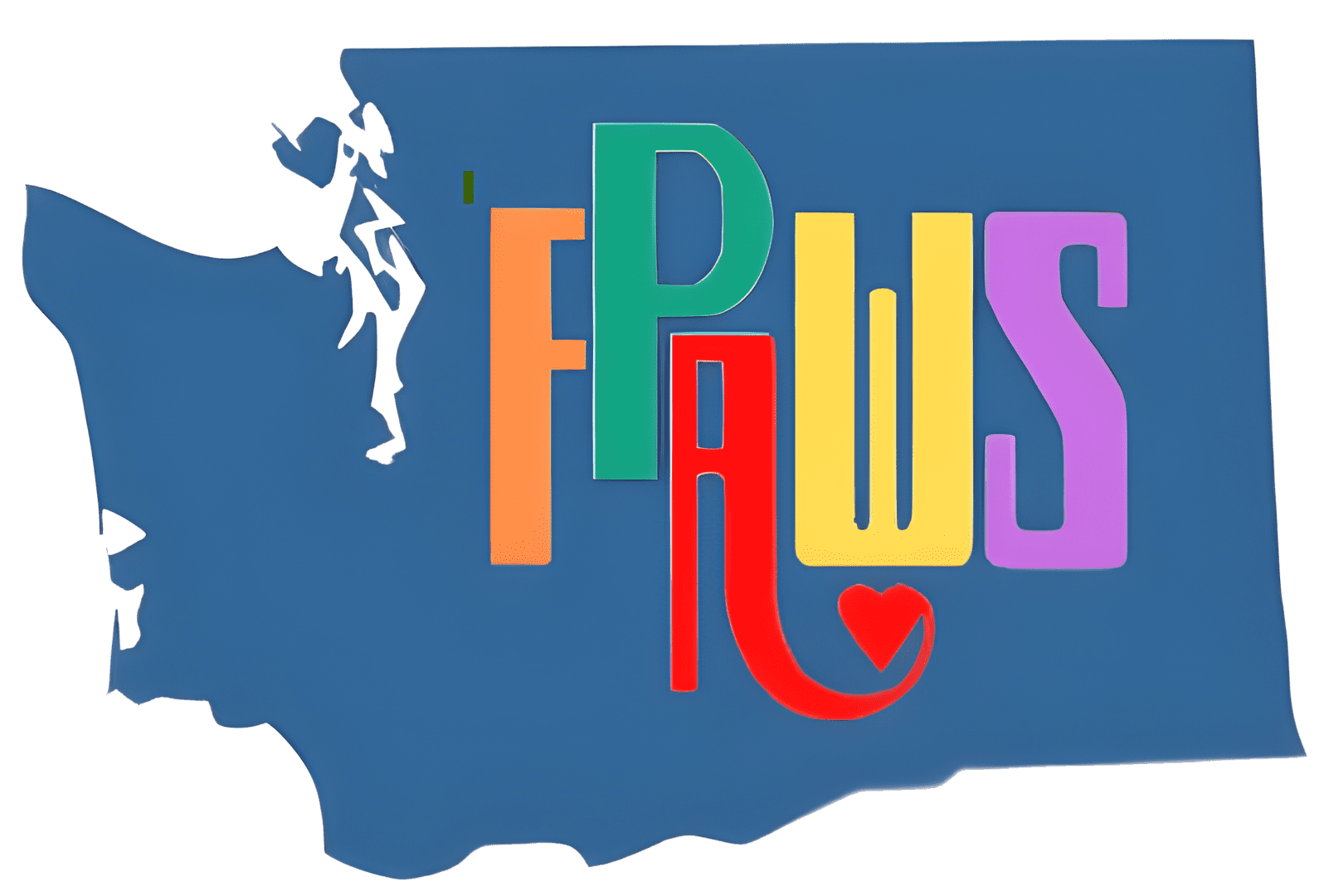FPAWS is in support of keeping families together whenever possible; of working to make sure that it is always possible when it is in the best interests of the child; and of carefully identifying the best interests of each child by considering all contributing factors to the best of our understanding.
HB 1227 makes changes that will bring WA closer to achieving these goals, through increased clarity in the reasoning for each family separation (section 3(5)), increased focus on services that could prevent any family separation (Section 9(5)(b)) (including separation from relatives after the first separation from parents (Section 8(2)), Section 9(5)(c)(iii), Section 9(5)(i) ) and through recognizing the harm of removing a child from their family just as we already recognize the harm of neglect and abuse (Section 9(5)(a)(ii)(B)(III)).
Just as children have the right to be kept safe, healthy and cared for, they have the right to grow up within their family and their culture. When their caregivers’ actions bring those rights into conflict, DCYF is faced with the challenging task of balancing competing risks and needs to serve the best interests of each individual child. While FPAWS supports the intent and direction of these changes, this does not mean that we have reached our goals. We remain aware that the system is made of people, imperfect despite a shared goal of serving the best interests of each child; changes have unintended consequences, people will make mistakes, and each mistake in child welfare risks tragic consequences. We intend to continue working with everyone else in this system towards our shared goals.
Sincerely, the FPAWS Team
Going into details: What does this bill do?
In the wake of the highly publicized child immigrant separation crisis on the southern border, social awareness of the intrinsic and permanent harm of removing a child from their caregiver has increased; and as child welfare systems around the country continue to make the news for lack of placements and resources, the possible harm done by entering the system has also been universally acknowledged. Despite this consensus, the law in WA has never allowed this to be considered when deciding whether a child should be removed. HB 1227 addresses this gap by requiring that judges include these consequences of removal as a factor in the decisions they make, alongside the consideration of risks introduced in a dependency petition, so they can reach a better informed evaluation of the child’s best interests. (Section 9(5)(a)(ii)(B)(III))
Newly conscious of the need to justify family separation, this bill for the first time requires that such dependency petitions include clearly specified descriptions of harm that will occur and causal explanations of how the conditions in a home or family create risk of that harm. (Section 3(5)). FPAWS appreciates the increased clarity and specificity of petitions that this will produce, and believes that requiring such explanations will, as intended, reduce opportunity for racial bias to affect the child welfare system. Alongside the requirement to explain the cause of removal, this bill lists characteristics that cannot be considered to cause harm in themselves; explicitly ending harmful practices of categorical judgment against many families, now relegated to the not-so-distant past. (Section 9(5)(a)(ii)(B)(I)) The department must explain the circumstances that prevent them from serving notice on the parent before removing a child, or be ordered to wait and serve notice first. And once a finding of imminent harm requiring removal is made, the bill requires that the judge consider whether this harm can still be prevented by providing services to a willing parent, or by removing one or more other persons from the child’s home so they can remain safely. (Section 9(5)(b))
Further emphasizing the value and importance of families, HB 1227 prioritizes and supports relatives who are willing to care for children unable to live with their parents (Section 8(2), Section 9(4). It strictly prevents the court or department from denying a relative placement in order to wait for a background check or for their willingness to adopt (Section 9(5)(c)(iii)(A,B)), and allows the court to order the department to support any required safety improvements in their home (Section 9(5)(c)(iii)(D)). It also requires that the department immediately begin providing foster care payments to a relative if they request to be licensed, instead of withholding the payment (possibly for months) until the licensure is finished (Section 9(5)(i)). These changes improve equity across socio-economic status by making it possible for low income families to take in relative children and meet the sudden additional financial obligations.
More information
To learn more about 1227 and how it is being implemented, see the WA Court Improvement Training Academy material: https://www.wacita.org/hb-1227-keeping-families-together-act/
News article about the passage of the law: https://www.invw.org/2021/04/09/washington-lawmakers-look-to-keep-families-together-as-part-of-foster-care-reform/
A bibliography of related books and published journal articles https://www.americanbar.org/content/dam/aba/publications/litigation_committees/childrights/child-separation-memo/law-journal-articles-and-related-materials.pdf

